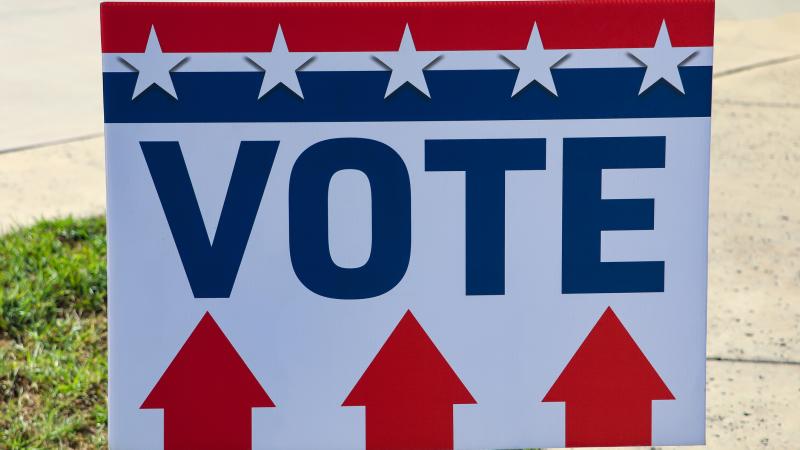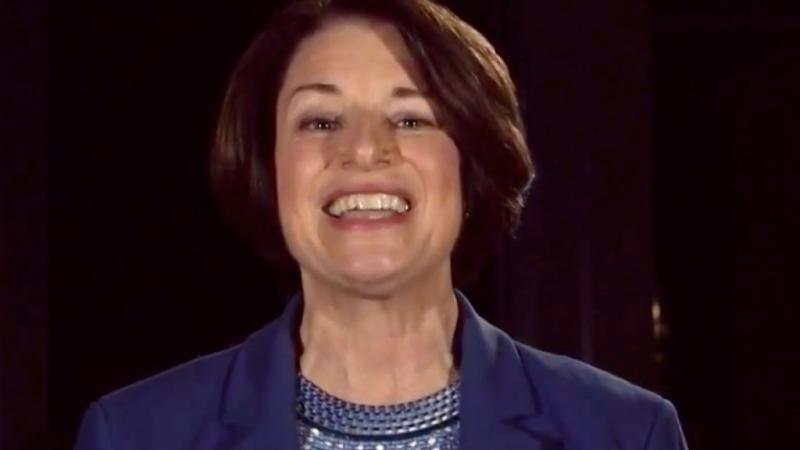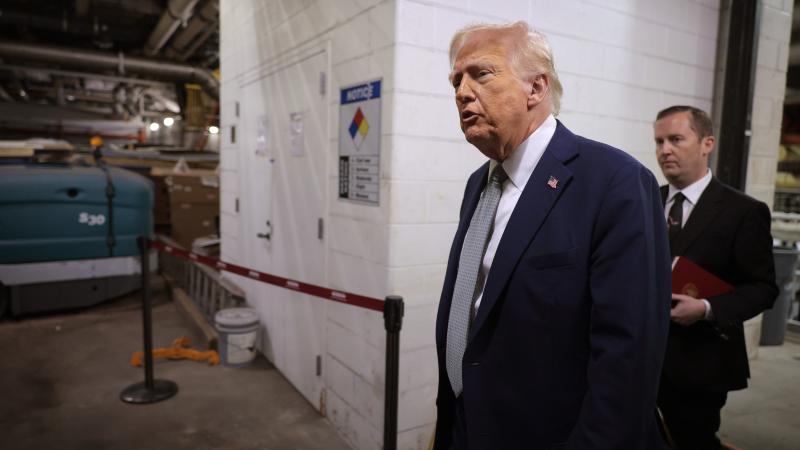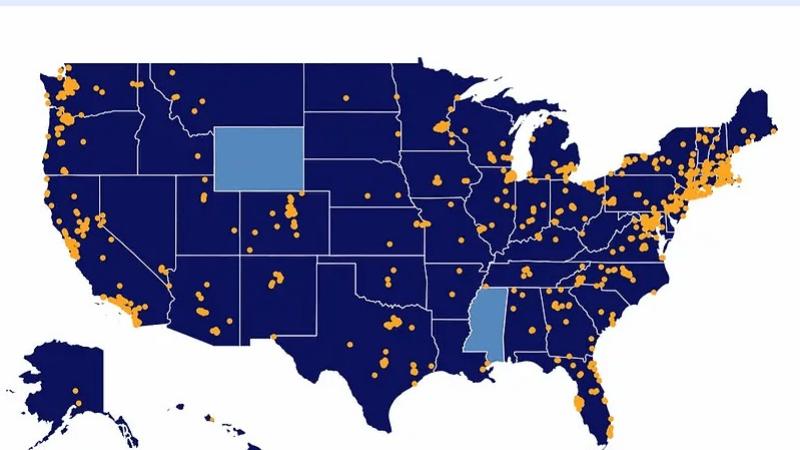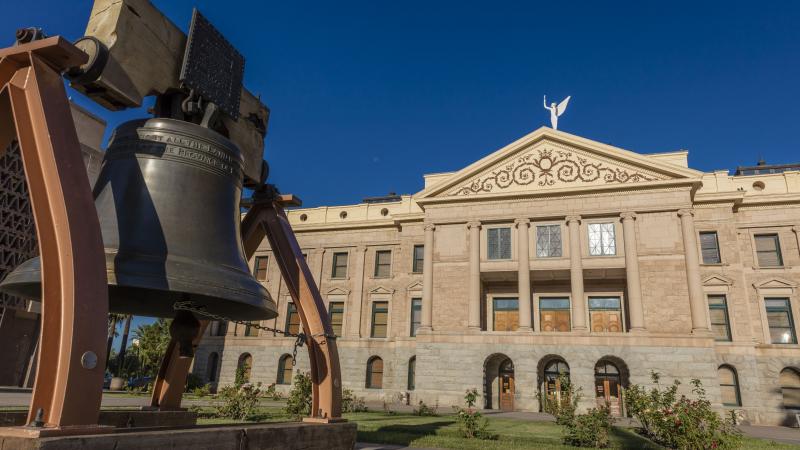Michigan elections chief proposes voter roll rules making fraud easier, watchdog warns
The new rules limit how registrations can be challenged and lengthen the number of years before an inactive registration can be removed from the voter rolls.
Michigan Secretary of State Jocelyn Benson (D) has proposed election rules regarding voter roll maintenance that an election integrity activist warns will make fraud easier.
Benson, who is running for governor, proposed election rules that make cleaning voter rolls more difficult, warns Michigan Fair Elections Institute (MFEI) founder Patrice Johnson. She says the proposed rule change lengthens the number of years before an inactive registration can be considered for removal. The new rules come as the Justice Department is suing the state, along with five others, for its alleged poor voter roll maintenance.
Extending active voter registration to 20 years
One of the proposed rules that Benson sent to the state’s Joint Committee on Administrative Rules (JCAR) for review is extending the number of years to remove an inactive voter to 20. The rule states that “reliable information” that a voter has moved is when a voter has failed “to vote for 20 years or more, or for a timeframe as provided in the act.”
File
Johnson, founder of the Michigan Fair Elections Institute (MFEI) and Pure Integrity Michigan Elections (PIME), wrote in an Association of Mature American Citizens article on Friday that the new rule’s timeline is much longer than what federal law requires for a voter to be considered for removal, which is four years.
"Ripe for voter fraud" says activist
“With 28.2 million Americans moving annually, this means ballots could be mailed to addresses where voters haven’t lived in decades,” Johnson wrote. “According to the Michigan Fair Elections Institute (MFEI), Michigan already has more than 558,000 inactive registrations, and inactive registrations are ripe for voter fraud. Benson’s new rules threaten to make the problem exponentially worse.”
Another new rule requires anyone challenging the eligibility of a voter registration to “swear that they have personal knowledge that the challenged voter is ineligible and must specify the grounds for ineligibility.”
“Personal knowledge” doesn’t include “reliable information that a voter has moved or other third-hand information indicating that a voter is not eligible, including an online database, United States Postal Service information, or other information from a third party such as another resident contacted during a house-to-house canvass,” according to the rule.
Instead, “‘Personal knowledge’ means information that an individual knows to be true based on direct, firsthand observance,” per the rule.
“In the case of a voter’s residency, to constitute personal knowledge, an individual shall know the voter is not a resident for voting purposes. Observing reliable information indicating a voter has moved does not constitute personal knowledge that a voter is not a resident for voting purposes,” the rule continues.
Challenges to eligibility made more difficult
Also, “If the challenger fails to properly assert personal knowledge of a voter’s ineligibility … the clerk may attempt to independently verify the information but is not required to conduct an independent investigation before rejecting the challenge for failure to meet the statutory requirements for a valid challenge.”
Johnson told Just the News last month that the rules were sent to JCAR. However, JCAR “used to be able to send back” rules to the Secretary of State when they wouldn’t accept them and needed them to be changed, but “now they can’t do that.”
JCAR is split with five Democrats and five Republicans, leading to an impasse when voting on rules. Johnson also said that “JCAR hadn’t met for several months because they couldn’t get a quorum,” and when they eventually had a quorum, they didn’t vote.
She added that after 15 legislative days, the rules go into effect.
Johnson wrote in the AMAC article that PIME filed an objection to JCAR, urging the committee “to reject these rules entirely,” which will be reviewed “in the coming weeks.”
The rules come as Michigan already has difficulty keeping up with voter roll maintenance, per a recent review. According to an MFEI report released in September, upon a review of a random sample of 384 out of 542,121 long-inactive voter registrations in Michigan, there were 28% with errors. Also, 73% of the sampled registrations either never voted or last voted in 2009.
“These exceptions included deceased, dual-registered, nonresident, or otherwise ineligible voter registrations—indicating significant voter roll inaccuracies,” according to the report.
The Michigan secretary of state’s office and JCAR didn’t immediately respond to requests for comment.
State not cooperating with feds, Dhillon says
Amid the new rule proposals, the DOJ is suing Michigan to obtain voter information because it claims the state is inadequately cleaning its voter rolls. The DOJ filed the lawsuit against Michigan in September, and also sued seven other states: California, Maine, Minnesota, New Hampshire, New York, Oregon, and Pennsylvania.
"We've been asking states to produce the data of their voter rolls, to be able to make sure that they only have citizens on the rolls and that they don't have duplicates and have people voting in multiple jurisdictions," Assistant Attorney General for Civil Rights Harmeet Dhillon previously told Just the News.
"So we've had to file eight lawsuits throughout the United States to enforce our data requests, which is something that they have to comply with under the Voting Rights Act and Civil Rights Act of 1960."
Benson said that she is not giving the DOJ the requested information.
“The United States Justice Department is trying to get me, Michigan’s chief election officer, to turn over your Social Security number, driver’s license number, and voting information,” Benson said last month, Michigan Public reported. “I told them they can’t have it.”
The DOJ has asserted that these states are not complying with federal laws, specifically the National Voter Registration Act and the Help America Vote Act. These laws require states to maintain accurate and accessible voter registration records.
Since voter data should be accessible, the DOJ is seeking comprehensive voter registration lists that include information like names, date of birth, addresses, state driver's license numbers, and the last four digits of Social Security numbers.
